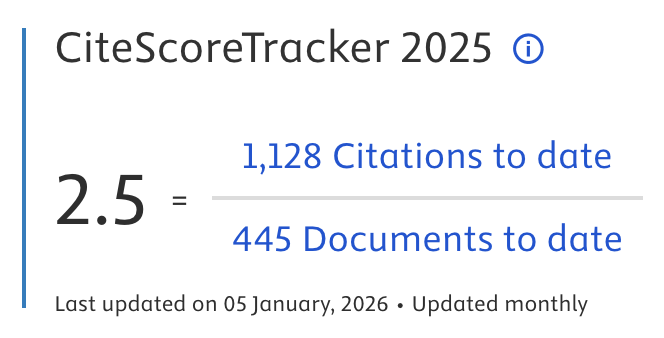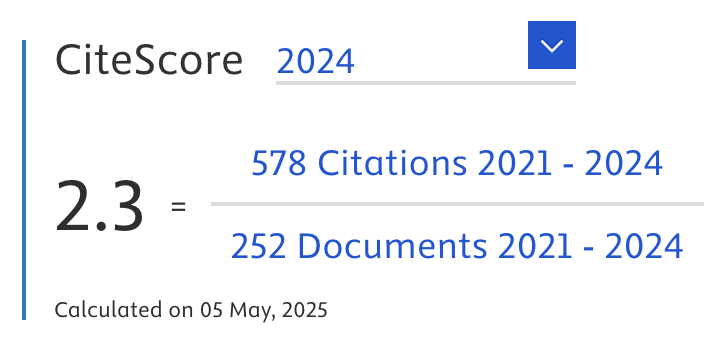An Effective Hybrid Approach for Predicting and Optimizing Business Complexity Metrics and Data Insights
Abstract
This study proposes a hybrid approach for optimizing complexity prediction in the domain of business intelligence by integrating three powerful techniques: the Multi-Objective Complexity Prediction Model (MPK), Principal Component Analysis (PCA), and the XGBoost regression algorithm. The MPK model serves as a state-based simulator to capture system complexity dynamics, while PCA is employed to reduce data dimensionality and eliminate redundancy among features. Subsequently, XGBoost is used as a non-linear predictive model to estimate complexity values based on the refined input features. The results show that this hybrid approach significantly improves prediction accuracy, reduces data noise, and streamlines the modelling process. Quantitative evaluation using Mean Squared Error (MSE), Mean Absolute Error (MAE), and the R-squared (R²) metric demonstrates exceptional performance, with an MAE of 0.000035, an MSE of 6.7 × 10⁻⁹, and an R² of 0.9999999. These results confirm that the integration of MPK, PCA, and XGBoost is highly effective for complexity prediction tasks and can provide accurate and insightful outcomes in business intelligence analytics.
Article Metrics
Abstract: 426 Viewers PDF: 231 ViewersKeywords
Full Text:
PDFRefbacks
- There are currently no refbacks.

Journal of Applied Data Sciences
| ISSN | : | 2723-6471 (Online) |
| Collaborated with | : | Computer Science and Systems Information Technology, King Abdulaziz University, Kingdom of Saudi Arabia. |
| Publisher | : | Bright Publisher |
| Website | : | http://bright-journal.org/JADS |
| : | taqwa@amikompurwokerto.ac.id (principal contact) | |
| support@bright-journal.org (technical issues) |
 This work is licensed under a Creative Commons Attribution-ShareAlike 4.0
This work is licensed under a Creative Commons Attribution-ShareAlike 4.0





.png)